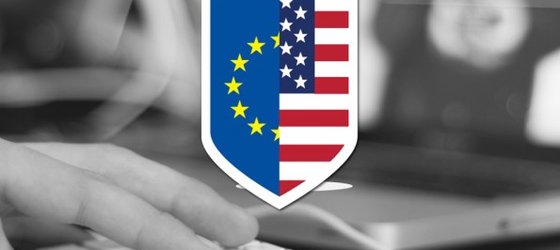The rise of privacy as an issue of international attention has taken place during the past forty years. Various agencies of the US Government have played roles on international privacy matters, including the State Department, Federal Trade Commission, Department of Homeland Security, Office of Management and Budget, the Department of Commerce, and scattered other agencies. The privacy activities of these agencies have waxed and waned over the decades. Of the US agencies, the US Federal Trade Commission has played by far the most significant role in consumer privacy issues, for example, identity theft, financial privacy, and a host of issues related to privacy and fair business practices. Historically, the Department of Justice, primarily a law enforcement agency, has never played a significant role in consumer privacy. Indeed, in its law enforcement capacity, the Justice Department is often directly antagonistic to the protection of consumer privacy.

